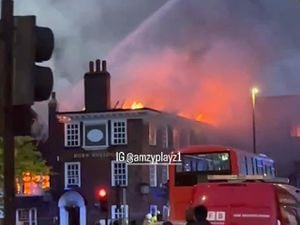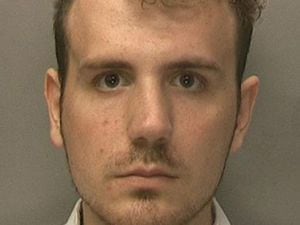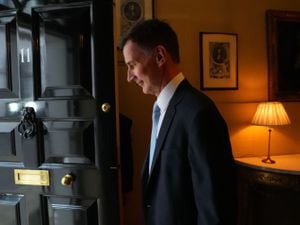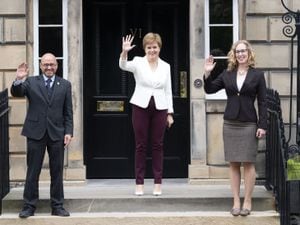Here’s what you need to know about the Government voting against Labour’s Queen’s Speech amendment
The opposition proposed scrapping the 1% pay cap on annual public sector pay rises.
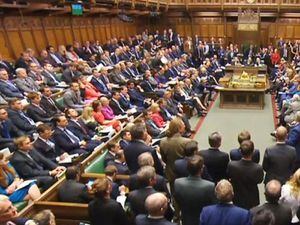
MPs have rejected Labour’s amendment to the Queen’s Speech on day five of the debate, but what does that mean?
Here’s what you need to know.
What was Labour proposing?
Jeremy Corbyn’s party proposed scrapping the 1% cap on annual public sector pay rises, a restraint which has seen public sector wages lose value over the past four years.
The opposition also called for the recruitment of extra police officers and firefighters, and an end to police and emergency services cuts.
— Jeremy Corbyn (@jeremycorbyn) June 28, 2017
How did the parties vote?
Some 313 Conservatives were backed by the DUP’s 10 MPs to defeat the amendment by 14 votes, in the minority Government’s first Parliamentary test.
— Ian Jones (@ian_a_jones) June 28, 2017
There were 256 Labour votes in favour of the amendment, in addition to 35 SNP votes, 12 votes from the Liberal Democrats, four from Wales’ Plaid Cymru, one Green vote from party leader Caroline Lucas and one from independent Lady Hermon, a Northern Irish MP.
— Ian Jones (@ian_a_jones) June 28, 2017
Why was there confusion about the cap before the vote?
The vote came after Downing Street sowed confusion about the fate of the cap. At one point in the day, a senior Treasury source suggested ministers were ready to review it, with a decision to be made in Chancellor Philip Hammond’s Autumn Statement.
However, a spokesman for Theresa May later denied the claim, saying the policy “has not changed”. The cap, which affects five million public sector employees, will remain until 2019/2020.
What were the arguments during the debate?
Nurses, firefighters and members of the police force are among the five million public sector workers who have been affected by the restricted wage increases, set in 2013.
Health Secretary Jeremy Hunt said the Government “will not make a decision on public sector pay until the pay review body has reported”.
— Rami Ranger CBE (@RamiRanger) June 28, 2017
— Mike Hyde LTFC (@jazzanovaboat) June 28, 2017
Downing street maintained that keeping the cap for the time being would help to redress the economy.
The spokesman said: “We understand that people are weary after years of hard work to rebuild the economy.
“Public sector pay restraint is one of the tough choices we’ve had to make to balance the books after Labour’s crash and what was left behind.”
Some in support of the amendment pointed to the £1 billion deal the Tories struck with the DUP this week, suggesting the Government did not have its priorities in order if it could not find extra money to fund public sector wages.
— Paula Sherriff MP (@paulasherriff) June 28, 2017
— Tim Farron (@timfarron) June 28, 2017
Following the vote, Labour leader Jeremy Corbyn said the Government had the “perfect opportunity to walk the walk, but marched through the lobby to show Tory austerity is business as usual.
“While the money is there when the Conservatives need it to keep themselves in office, the rest of the country now face more devastating cuts to our emergency and other vital services.”

